Per RFC 7230, the answer is Yes.

The Header Value is a combination of {token, quoted-string, comment}, separated by delimiters. The delimiter may be a colon.
So a header like
User-Agent: Mozilla:4.0
has a value that consists of two tokens (Mozilla, 4.0) separated by a colon.
Nobody asked this specifically, but... in my opinion while colon is OK, and a quoted string is ok, it feels like poor style, to me, to use a JSON string as a header value.
My-Header: {"foo":"bar","prop2":12345}
..probably would work ok, but it doesn't comply with the intent of sec. 3.2.6 of RFC7230. Specifically { " , : are all delimiters... and some of them are consecutive in this JSON. A generic parser of HTTP header values that conforms to RFC7230 wouldn't be happy with that value. If your system needs that, then a better idea may be to URL-encode that value.
My-Header: %7B%22foo%22%3A%22bar%22%2C%22prop2%22%3A12345%7D
But that will probably be overkill in most cases. Probably you will be safe to insert JSON as a HTTP Header value.
